Share
It’s one of the really extraordinary facts that the most influential human being whoever lived was somebody who commanded no armies, performed no miracles, had no massive disciples it was just an ordinary simple human being. His name was Abraham, his wife was Sarah. And today, more than half of the world’s population claim their descent, literal or metaphorical, from Abraham and Sarah 2.2 billion Christians 1.3 billion Muslims, and a few Jews, 13 million. And that is why the historic tensions, wars, conflicts between the three Abrahamic monotheisms are so tragic.
We have one father, we have one mother, we are descended from the same parents, which means we are all brothers and sisters. And it’s a very interesting story. If you look at the book of Genesis, which is about sibling rivalry, human and Western history has been about the sibling rivalry, mainly between Christianity and Islam with Jews getting caught in the middle. And if you look at Genesis, you will find it’s all about brothers, and the animosity between Cain and Abel, Isaac and Ishmael, Jacob and Esau, Joseph and his brothers.
They look just like four stories, but actually, there’s a logic to them. And you can see that if you look at the last scene in each relationship, the last scene of Cain and Abel, Abel is lying dead. Fratricide, murder. Isaac and Ishmael? The last scene? They are standing together at Abraham’s grave. Death, grief, has brought them together. Jacob and Esau? Well Jacob fears that Esau is going to take revenge, but actually when they meet for the last time, they kiss they embrace, and they go their separate ways. The last scene of Joseph and his brothers is a scene of forgiveness and reconciliation. Joseph tells them I know you tried to kill me, I know you’ve sold me as a slave. But for heaven’s sake, v’atem chashavtem alai ra’ah, “You plotted evil against me,” v’elokhim chashavah le’tovah, “But God turned it into good.” He forgives them, and they live together in harmony.
Now, if that is the story of Genesis, should that not become the story of the 21st century. We are Jacob and Esau, Joseph and his brothers. Forget about which is which. Jews, Christians, and Muslims are brothers and sisters. And the time has come to forgive one another and to find reconciliation.
More JInsider Videos
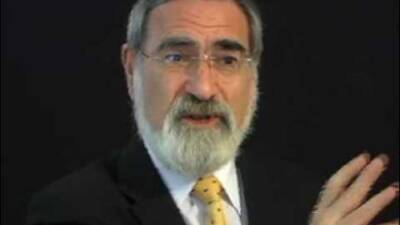
Rabbi Sacks on the Jewish Narrative
JInsider (March 2010)
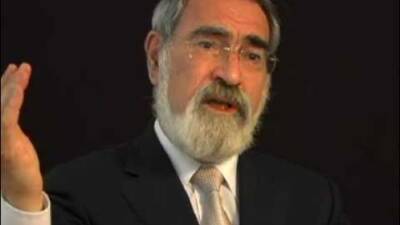
Rabbi Sacks on Future Tense Take Aways: Part 1
JInsider (March 2010)
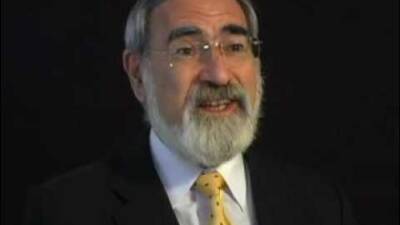
Rabbi Sacks on Future Tense Take Aways: 2
JInsider (March 2010)
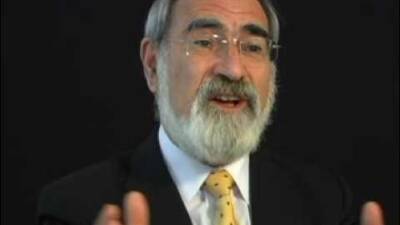
Rabbi Sacks on the Universal Jewish Story
JInsider (March 2010)
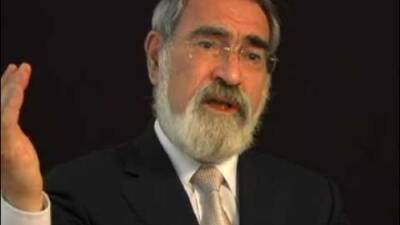
Rabbi Sacks on Eco-Judaism Roots
JInsider (March 2010)
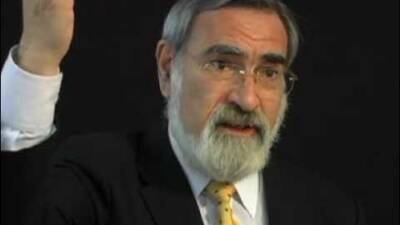
Rabbi Sacks on Peoplehood
JInsider (March 2010)

Rabbi Sacks on an Engaged Judaism
JInsider (March 2010)
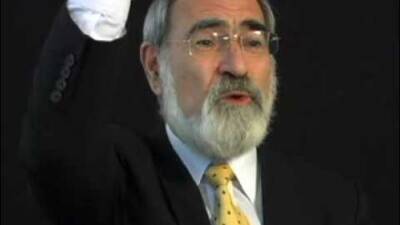
Rabbi Sacks on Charity Priorities
JInsider (March 2010)

Rabbi Sacks on a Responsible Life
JInsider (March 2010)

Rabbi Sacks on Reconciliation
JInsider (March 2010)
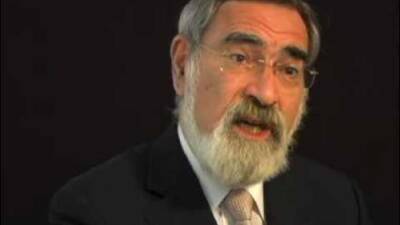
Rabbi Sacks on Community Conflict
JInsider (March 2010)
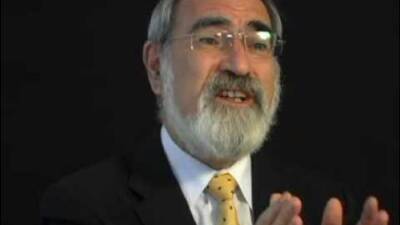
Rabbi Sacks on Particularism vs Universalism
JInsider (March 2010)
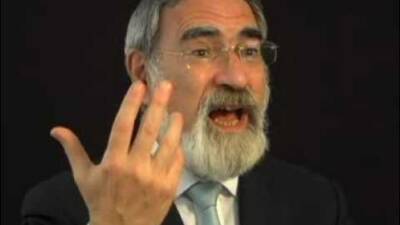
Rabbi Sacks on a Culture of Hope
JInsider (March 2010)
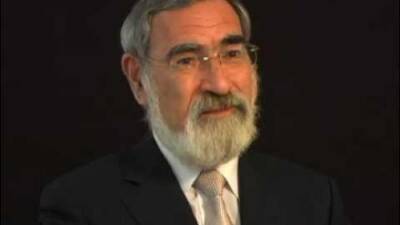
Rabbi Sacks on his Personal Hatikvah
JInsider (March 2010)
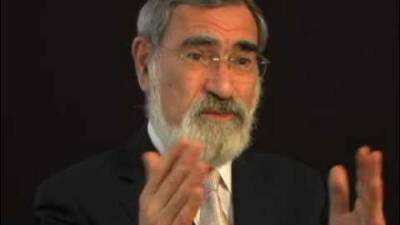
Rabbi Sacks on Israel and Jewish Society
JInsider (March 2010)
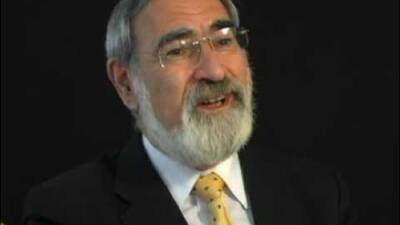
Rabbi Sacks on Torah in Today's World
JInsider (March 2010)
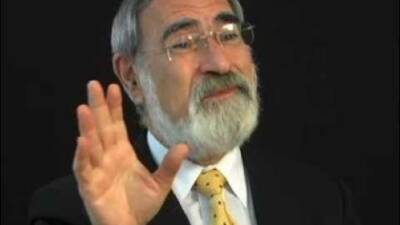
Rabbi Sacks on Prayer
JInsider (March 2010)
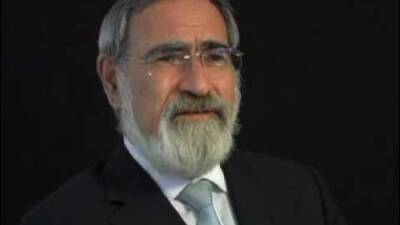
Rabbi Sacks on Indifference
JInsider (March 2010)
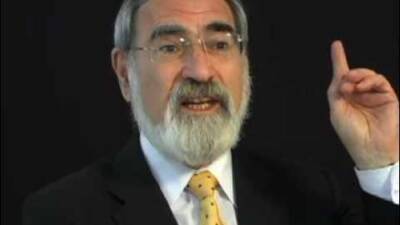
Rabbi Sacks on the Jewish Role in the World
JInsider (March 2010)
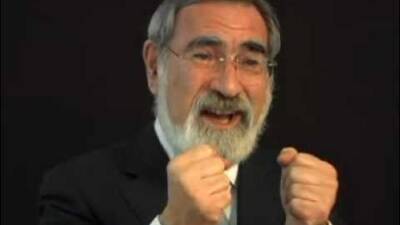
Rabbi Sacks on Torah and the Real World
JInsider (March 2010)
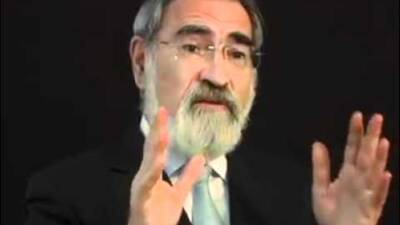
Rabbi Sacks on Free Market and Judaism
JInsider (March 2010)
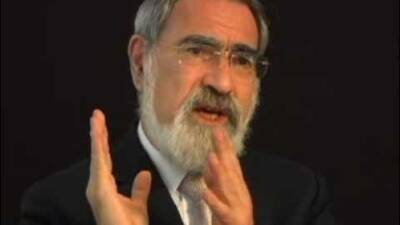
Rabbi Sacks on Antisemitism
JInsider (March 2010)
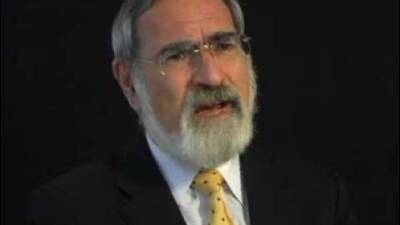
Rabbi Sacks on Future Tense
JInsider (March 2010)
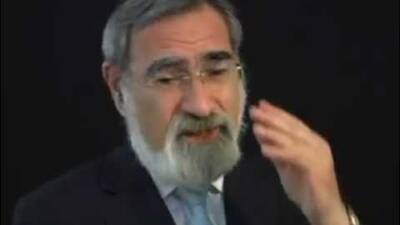
Rabbi Sacks on Love as Deed
JInsider (March 2010)
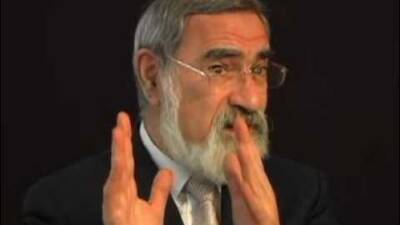
Rabbi Sacks on Combatting Antisemitism
JInsider (March 2010)
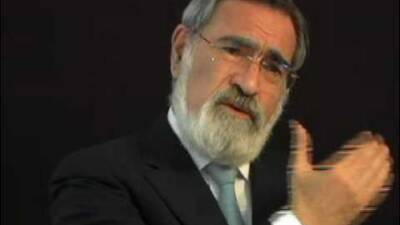
Rabbi Sacks on Material Loss
JInsider (March 2010)
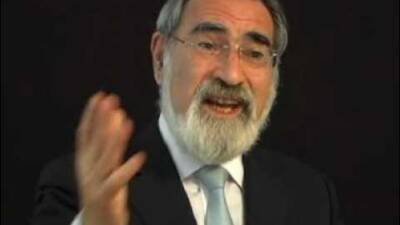
Rabbi Sacks on the Antidote to Materialism
JInsider (March 2010)
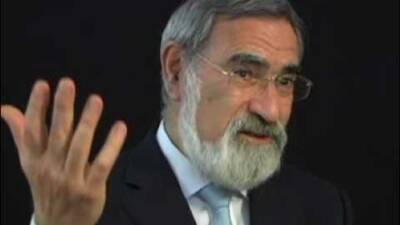
Rabbi Sacks on Parenting
JInsider (March 2010)
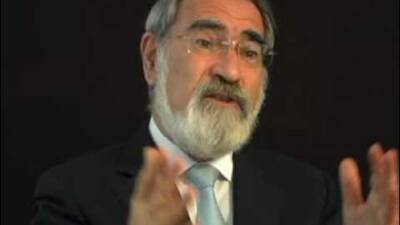
Rabbi Sacks on a Tzedakah Tale
JInsider (March 2010)
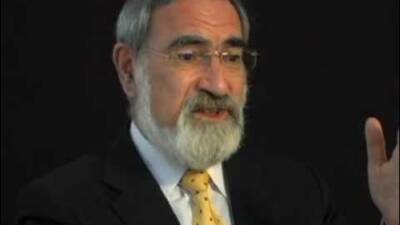
Rabbi Sacks on a Family Story
JInsider (March 2010)
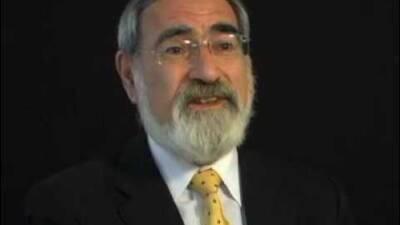
On the Internet and Judaism
JInsider (March 2010)
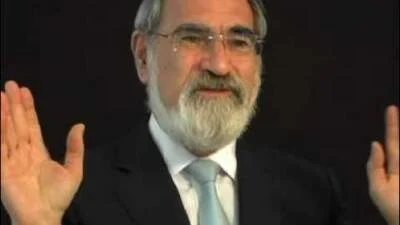
Rabbi Sacks on Plato's Ghost
JInsider (March 2010)
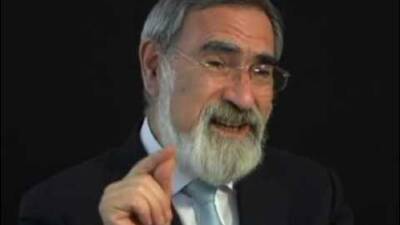
Rabbi Sacks on Optimism vs. Hope
JInsider (March 2010)
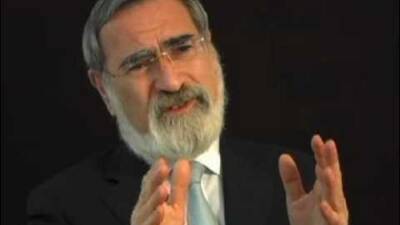
Rabbi Sacks on Victim Mentality
JInsider (March 2010)
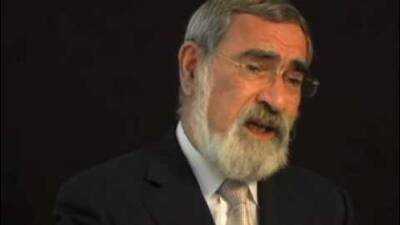
Rabbi Sacks on Jerusalem
JInsider (March 2010)
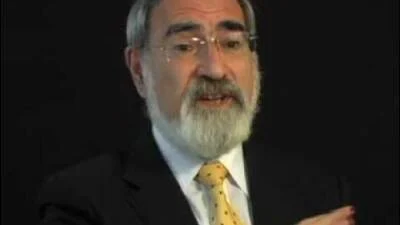
Rabbi Sacks on Advice for our Times
JInsider (March 2010)
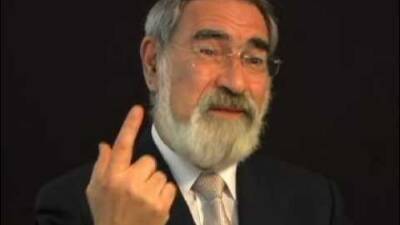
Rabbi Sacks on Fundamentalism
JInsider (March 2010)
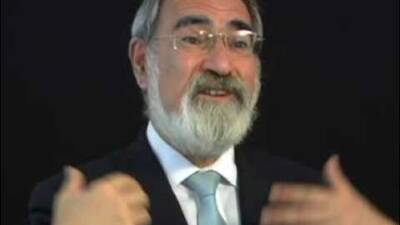
Rabbi Sacks on Time
JInsider (March 2010)
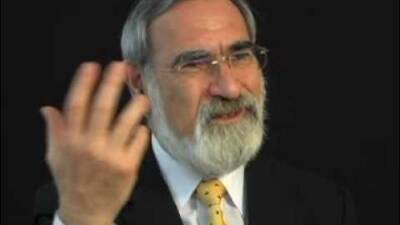
Rabbi Sacks on the Chosen People
JInsider (March 2010)
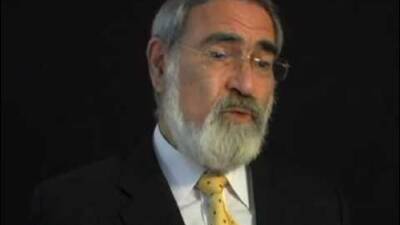
Rabbi Sacks on 21st Century Israel
JInsider (March 2010)
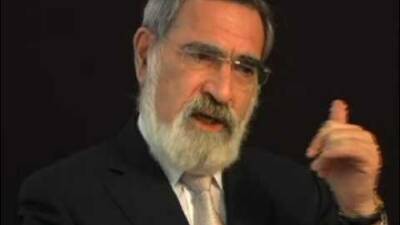
Rabbi Sacks on the Origins of Antisemitism
JInsider (March 2010)
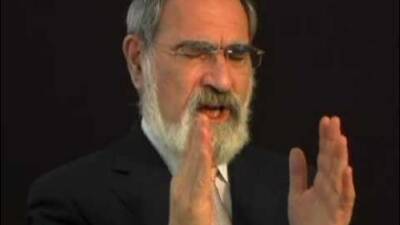
Rabbi Sacks on Understanding Jewish Exile
JInsider (March 2010)
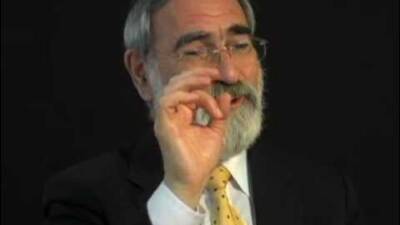
Rabbi Sacks on Anger
JInsider (March 2010)
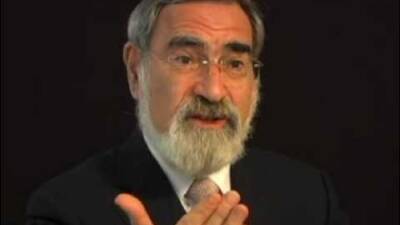
Rabbi Sacks on the Historical Evolution of Antisemitism
JInsider (March 2010)
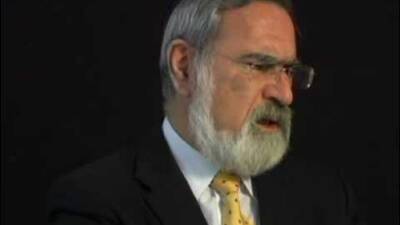
Rabbi Sacks on Coincidence and Providence
JInsider (March 2010)
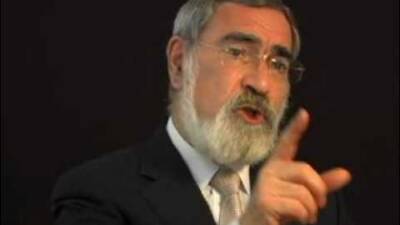
Rabbi Sacks on Free Will
JInsider (March 2010)
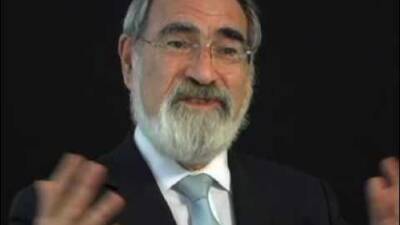
Rabbi Sacks on Family and Marriage
JInsider (March 2010)

Rabbi Sacks on Tzedakah Defined
JInsider (March 2010)
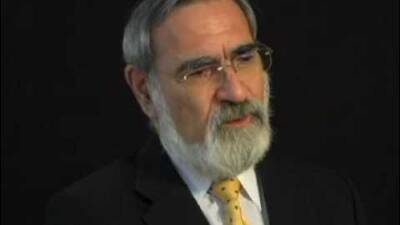
Rabbi Sacks on Daily Life
JInsider (March 2010)
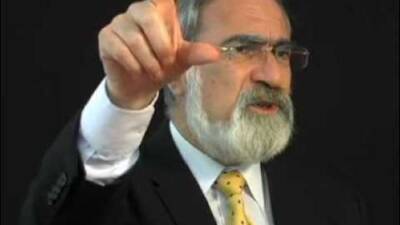
Rabbi Sacks on Being Jewish
JInsider (March 2010)

Rabbi Sacks on his Personal Rebbe, Rabbi Nachum Rabinovitch
JInsider (March 2010)
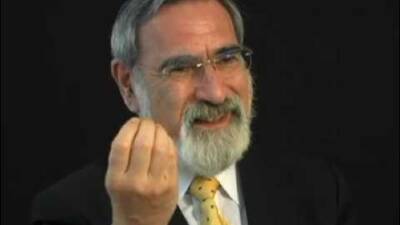
Rabbi Sacks on Connecting to God
JInsider (March 2010)
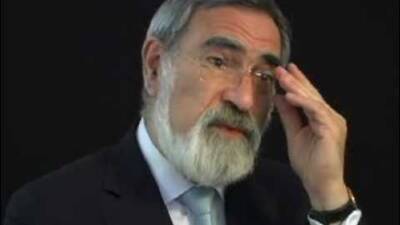
Rabbi Sacks on God and Evil
JInsider (March 2010)
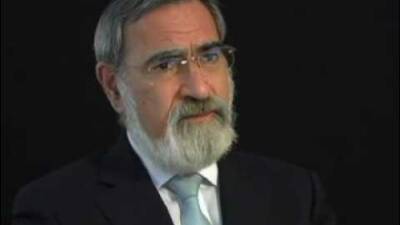
Rabbi Sacks on Dialogue with Atheists
JInsider (March 2010)
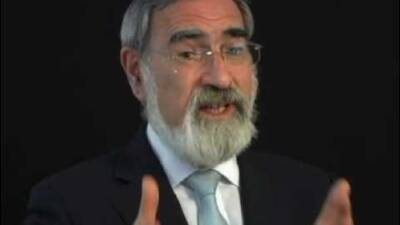
Rabbi Sacks on Doubt
Jinsider (March 2010)
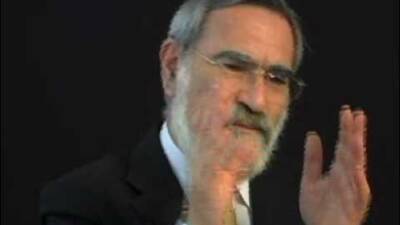
On Tikkun Olam
JInsider (March 2010)
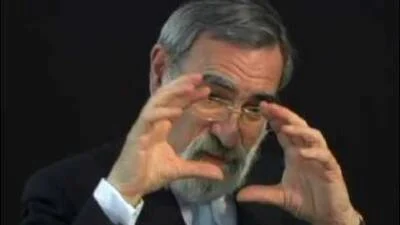
Rabbi Sacks on a Response to Atheism
JInsider (March 2010)
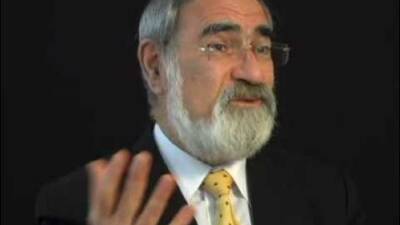
Rabbi Sacks on Finding Purpose
JInsider (March 2010)

Rabbi Sacks on a Responsible Life - Example
JInsider (March 2010)
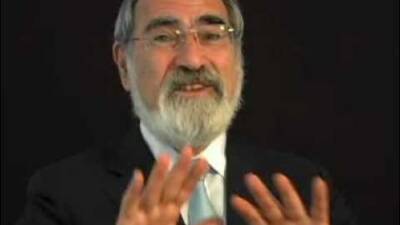
Rabbi Sacks on the Dignity of Difference - Part 2
JInsider (March 2010)
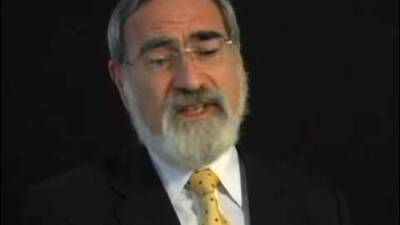
Rabbi Sacks on the Dignity of Difference - Part 1
JInsider (March 2010)
